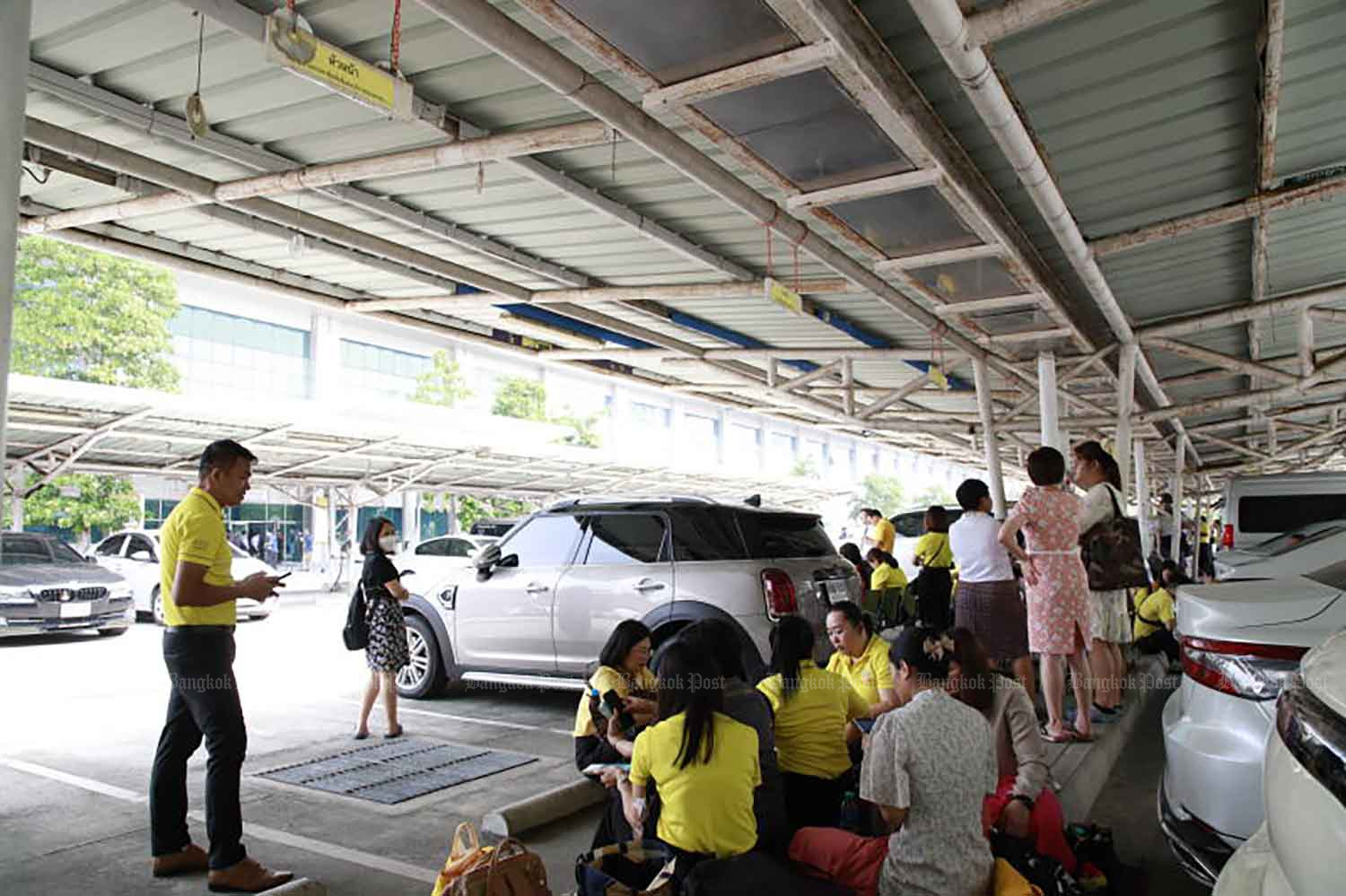
Thai online ad spending this year is forecast to grow 10% to 35 billion baht, based on a gradual rebound of the local economy and intense competition in the digital sector, according to the Digital Advertising Association (Thailand) or DAAT.
Digital ad spending in 2024 expanded 8% to 34.5 billion baht, lower than the double-digit rate over the last few years. Spending in 2023 rose 14%.
Meta, TikTok and YouTube are expected to be the top three platforms this year in terms of total spending.
In 2025, TikTok should place second for the first time, surpassing YouTube, according to DAAT. TikTok was third last year.
“The economy and ad budget constraints by various brands in the second half of 2024 were influenced by consumer behaviour, which has become more cautious about spending,” said Arpapat Boonrod, managing director for clients in Thailand and head of growth SEA at market researcher Kantar, which conducts market research for DAAT.
In terms of sectors, skincare products posted significant ad growth, she said.
A Kantar survey on digital ad investment in Thailand indicates it continues to grow steadily.
DAAT predicts the top five industries for digital ad spending this year will remain the same as last year: skincare at 6.1 billion baht, automotive 2.9 billion, non-alcoholic beverages 2.9 billion, telecom 2.5 billion, and daily products 2.1 billion.
Meta (Facebook and Instagram) remains the primary platform chosen by marketers, although its market share for digital ads is projected to decrease from 28% in 2024 to 26% in 2025.
The rapid growth of TikTok is expected to make it the No.2 ad platform in 2025, with a value of 5.5 billion baht.
The main factor driving continuous digital ad spending over the past 12 years is the high level of digital media reach and time spent online by Thais, said Ms Arpapat.
She said for 2024-2025, Kantar adjusted the research methodology by separating the telecom and electronic devices groups, finding electronic devices continue to experience steady growth, driven by new brand models, while the telecom sector dipped slightly due to increased market competition.
Paruj Daorai, president of DAAT, said the slow economic recovery and budget cuts remain concerns among marketers, in addition to external factors.
There is also a risk consumers will be overwhelmed by online ads, he said.
In response to such challenges, marketers need to stay active and adapt to a fast-changing environment, said Mr Paruj.
The Thai economy is still uncertain because of political instability, regulatory changes, and global economic conditions, resulting in cautious spending by brands, he said.
Moreover, cheap products imported from China are still disrupting the market and affecting many industries, said Mr Paruj.
"If the government can handle trade policy challenges and attract investment, it should drive the nation’s economy," he said.
Given the economic constraints, consumers will be less loyal to brands and easily switch if products or services meet their needs, said Mr Paruj.


